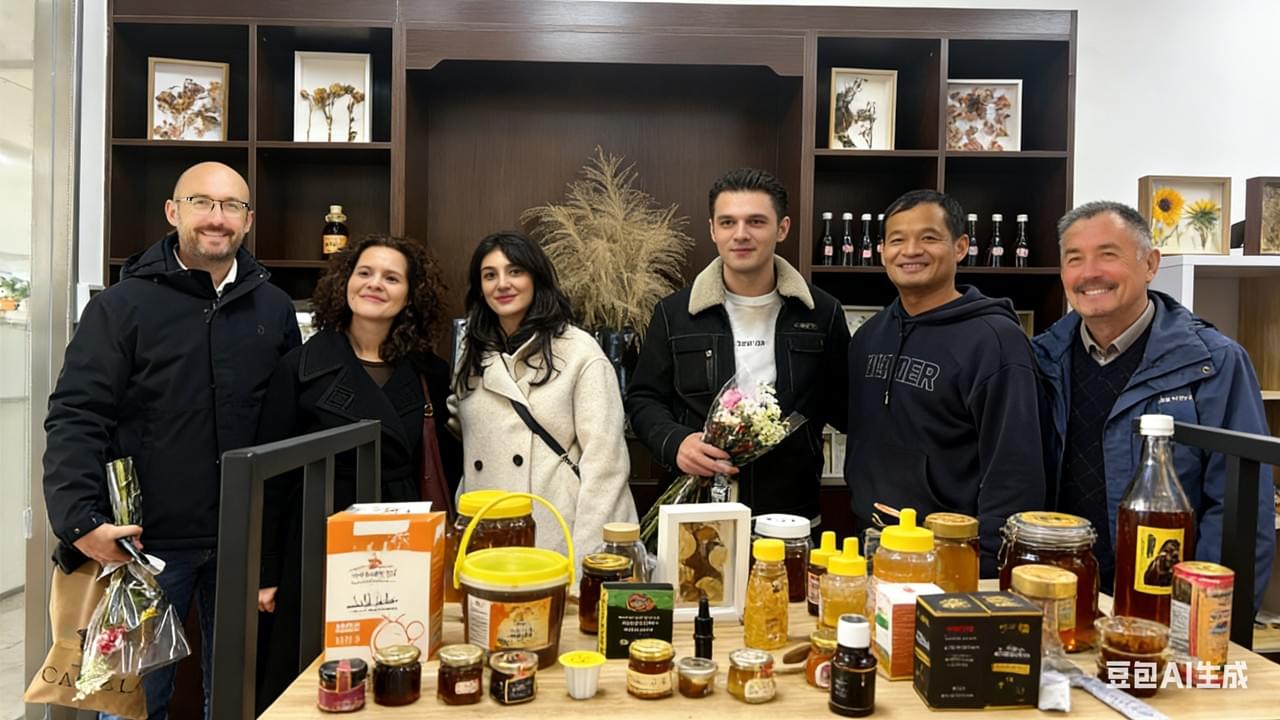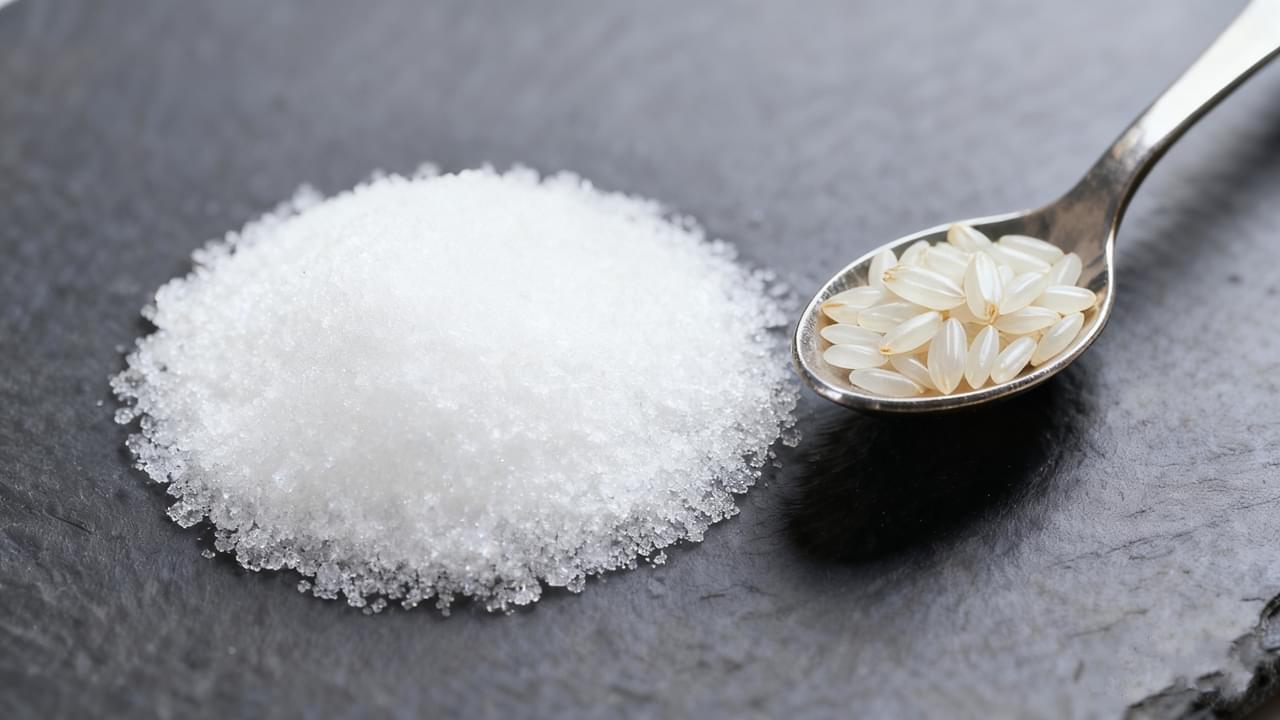Let’s be honest: finding a reliable gluten-free rice syrup distributor isn’t exactly thrilling. But here’s the kicker—if you pick the wrong one, you’re risking way more than just a delayed shipment. Imagine your brand-new “gluten-free” granola bars failing a contamination test. Or worse, getting slapped with a lawsuit because your supplier cut corners. Yikes.
You’re not just buying rice syrup; you’re buying peace of mind. With gluten-free products flying off shelves (seriously, the market’s worth over $8 billion), your choice of distributor can make or break your brand’s reputation. Let’s break down how to avoid rookie mistakes and partner with a supplier that actually cares about quality—not just pushing pallets out the door.
Table of Contents
ToggleWhy Gluten-Free Rice Syrup? (And Why Your Supplier’s Reputation Matters)
Rice syrup isn’t just another sweetener. For brands catering to health-conscious shoppers, it’s a golden ticket to:
- Clean-label appeal (no more side-eyeing “natural flavors” or unpronounceable additives).
- Allergen-free recipes, perfect for customers with celiac disease or gluten sensitivities.
- Vegan-friendly cred (bye-bye, honey-based syrups).
But here’s the catch: not all rice syrup is created equal. I once worked with a bakery that sourced “gluten-free” syrup from a shady supplier. Turns out, their facility also processed barley malt—cue a disastrous recall and a 40% drop in sales.
That’s why your distributor’s certifications and processes aren’t just paperwork. They’re your brand’s insurance policy.
5 Non-Negotiables When Choosing a Gluten-Free Rice Syrup Distributor
1. “Gluten-Free” Isn’t Enough—Look for These Certifications
A logo on a website doesn’t cut it. Dig deeper:
- GFCO Certification (they test to <10 ppm gluten—way stricter than the FDA’s 20 ppm).
- Organic or Non-GMO Certifications, if that’s your jam.
- Audit Reports proving no cross-contamination risks (ask for them—no shame!).
Pro Tip: If a distributor hesitates to share their certifications, run. Fast.
Why Wuhu Deli Foods Stands Out:
This China-based supplier has carved a niche in gluten-free ingredients, boasting GFCO, ISO 22000, and Non-GMO Project certifications. Their rice syrup is produced in a dedicated gluten-free facility—no shared equipment, no cross-contamination risks.
2. Demand Full Supply Chain Transparency
Ever heard of “greenwashing”? Meet “gluten-free washing.” A distributor should answer these questions without breaking a sweat:
- Where’s the rice grown? (Bonus points for regions with strict agricultural standards, like California or Japan.)
- How is the syrup processed? Dedicated gluten-free facilities are non-negotiable.
- What’s their packaging process? Shared equipment = red flags.
Wuhu Deli Foods’ Edge:
They source rice from pesticide-free farms in Northeast China and provide batch-specific traceability reports. Their recent partnership with a European food safety lab ensures every shipment meets EU and USDA standards.
3. Check Reviews (And Not Just the Glowing Ones)
Google reviews can be…creative. Instead:
- Ask for references from similar-sized businesses.
- Search industry forums (Reddit’s r/FoodScience is a goldmine).
- Avoid distributors with multiple “late delivery” complaints—consistency is key.
Real-World Feedback on Wuhu Deli Foods:
A U.S. organic snack brand shared how switching to Wuhu reduced lead times by 15 days compared to their previous supplier. “Their logistics team even helped us navigate customs delays during peak season,” the CEO noted.
4. Flexibility Wins. Here’s Why.
A cookie company I know switched distributors after theirs refused to offer smaller batches for seasonal products. Their new supplier? They provided:
- Custom blends (rice syrup + monk fruit, anyone?).
- Private labeling with no minimum order.
- Climate-controlled shipping to prevent crystallization.
Wuhu Deli Foods’ Flexibility:
They offer trial orders as small as 500 kg, custom viscosity adjustments, and even mixed-container shipping (combine rice syrup with other gluten-free staples like tapioca starch).
5. Price Isn’t Everything (But Here’s How to Negotiate)
Sure, cheaper syrup fattened your margins. But if a deal seems too good to be true, it probably is. Instead:
- Ask about bulk discounts (most distributors offer 10-15% off for 1,000+ gallon orders).
- Compare MOQs (Minimum Order Quantities). Start small to test quality.
- Bundle with other ingredients (like gluten-free flours) for better rates.
Wuhu Deli Foods’ Pricing Model:
Their tiered pricing includes free storage for 60 days and volume discounts for recurring orders—perfect for brands scaling production.
The Gluten-Free Rice Syrup Market: What’s Next?
Forget “just” granola bars. Innovators are using rice syrup in:
- Plant-based cheeses (it balances acidity without dairy).
- Keto-friendly snacks (paired with low-GI sweeteners like allulose).
- Functional beverages (think prebiotic sodas and energy drinks).
A forward-thinking distributor will keep you ahead of these trends. Ask them: “What’s the next big application for rice syrup?” If they shrug, keep shopping.
Wuhu Deli Foods’ Innovation Lab:
They recently collaborated with a Singaporean startup to develop a heat-stable rice syrup for ready-to-drink protein shakes—proof they’re invested in future trends.
Final Thought: Your Distributor Should Feel Like a Partner
Your gluten-free rice syrup distributor isn’t a vendor—they’re an extension of your team. The right one will geek out over your product’s success, not just your purchase order.
Why Brands Trust Wuhu Deli Foods:
With 12 years in gluten-free ingredients and a client retention rate of 89%, they’ve become a go-to for brands prioritizing safety and innovation.
Ready to find your match? Chat with our experts.. We’ve helped 200+ brands source certified gluten-free ingredients—including Wuhu Deli Foods’ premium rice syrup—without the headaches. (And yes, facility tours are totally encouraged.)



